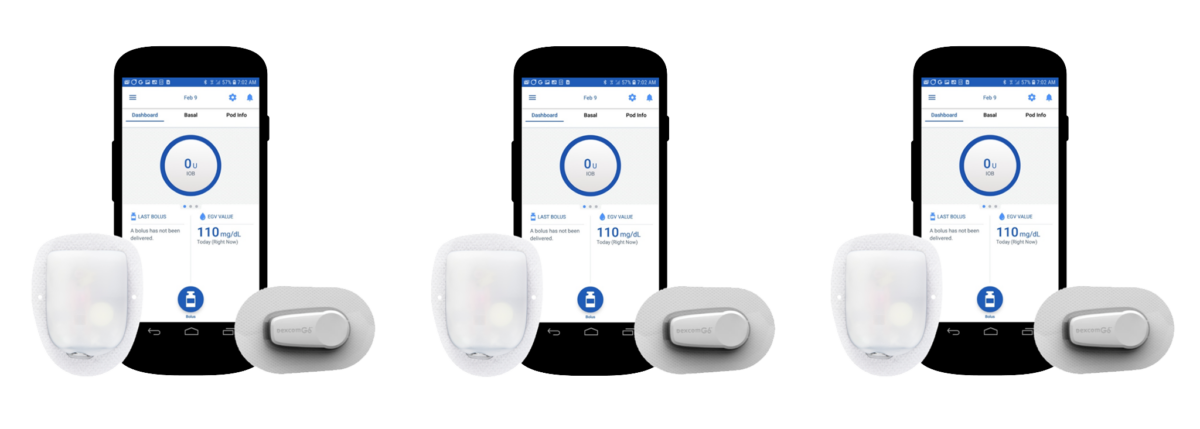Long-Term Effects of Dulaglutide on People with T2D: Results from the REWIND Trial
Written by: Mariana Gómez
1 minute read
June 10, 2019
Researchers reveal the long-term effects of GLP-1 drug on cardiovascular disease in people with type 2 diabetes.
As we know, people with diabetes have twice the risk of developing cardiovascular disease and as a result, have twice the rate of cardiovascular events such as heart attacks and strokes. Research also indicates that people with type 2 diabetes (T2D) also have a higher risk of developing kidney disease. The REWIND Trial was the longest study ever to assess effects of a GLP-1 drug on cardiovascular events in diabetes and Beyond Type 2 has the breakdown:
Study: The REWIND Trial (Researching CV Events with a Weekly Incretin in Diabetes)
Goal: To assess the long-term effect of dulaglutide, a GLP-1 receptor agonist, on cardiovascular events. This study was conducted in a lower risk group with type 2 diabetes. Currently, there are five published randomized control trials lasting up to 3.8 years to determine the effects of the GLP-1 receptor agonists in people with T2D who’ve had a cardiovascular event or have an increased risk of cardiovascular disease.
Methods: This study was conducted in a group of 9,901 participants with type 2.
Results: The researchers behind the REWIND trial presented their data on the effects of five years of treatment with dulaglutide compared to placebo on cardiovascular outcomes. The results found that dulaglutide reduced cardiovascular events and kidney problems in middle-aged and older people with type 2 diabetes.
“This trial shows that dulaglutide can safely reduce these events while improving diabetes control and modestly lowering weight and blood pressure in middle-aged people with type 2 diabetes,” according to Hertzel C. Gerstein, principal investigator for the study, professor of medicine at McMaster and deputy director of the PHRI.
This article is part of Beyond Type 2’s ADA 2019 coverage. For full ADA 2019 coverage, click here.

Author
Mariana Gómez
Mariana was diagnosed with type 1 diabetes in the summer of 1985. She is a diabetes educator and a licensed psychologist specialized in narrative. In 2008, Mariana started a blog where she shares her experiences and diabetes knowledge with others and she began being an active advocate through social media. She is considered a diabetes influencer in Latin America and has participated in several conferences, events and TV shows dedicated to diabetes education in the last years. Mariana worked for the Mexican Diabetes Federation as communications manager helping to build and empower the diabetes community in Mexico. She is currently the program manager for Beyond Type 1 en Español.
Related Resources

Already compatible with Dexcom’s G6 and G7 continuous glucose monitors (CGMs), the Omnipod 5 Automated...
Read more

The younger a person is diagnosed with type 2 diabetes, especially those with obesity, the...
Read more

The Oura Ring, which tracks things like sleep, heart rate, and activity, is joining forces...
Read more

